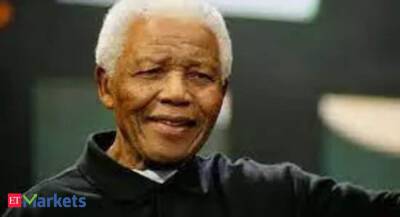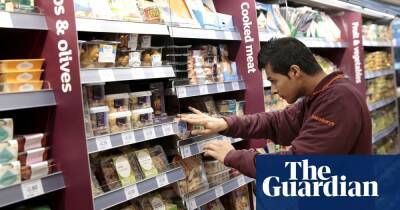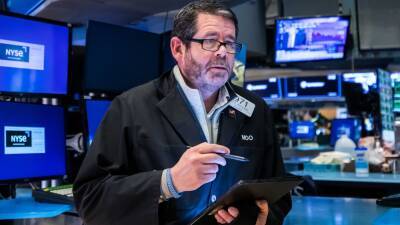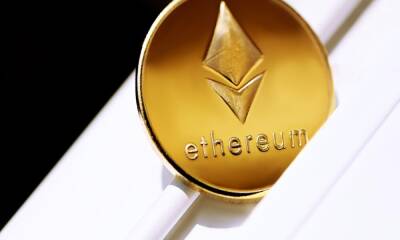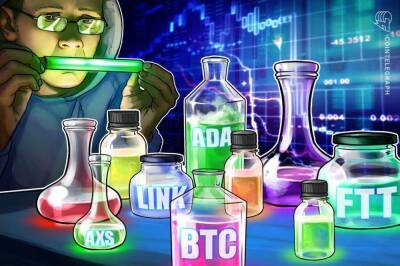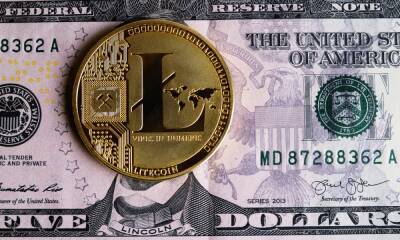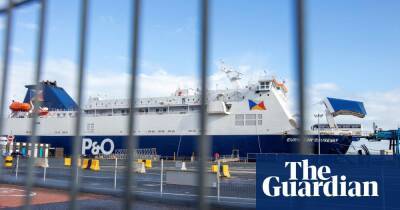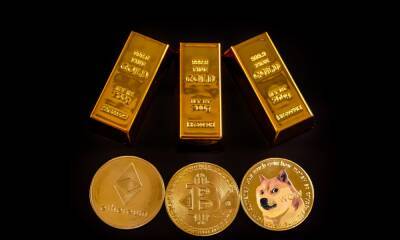Grocery prices in UK rise at fastest rate in eight years, data shows
Grocery prices rose at their fastest rate in more than eight years in February, according to the market analysts Kantar, which predicted the squeeze on shoppers would continue as a result of supply-chain disruption and the conflict in Ukraine.
Food price inflation hit 4.3% last month, the highest since September 2013, as the price savoury snacks, fresh beef and cat food increased the fastest. However the cost of some products, including bacon, beer, and spirits fell.
Britain’s households have been grappling with a cost-of-living crisis, after the annual inflation rate hit 5.5% in January – a near 30-year high. Even before Russia’s invasion of Ukraine, economists had predicted more pain in April when household energy bills would soar.
Fraser McKevitt, the head of retail and consumer insight at Kantar, said: “Apart from the start of the pandemic, when grocers cut promotional deals to maintain availability, this is the fastest rate of inflation we have recorded since September 2013.
“Added to this, ongoing supply-chain pressures and the potential impact of the conflict in Ukraine are set to continue pushing up prices paid by consumers.”
Higher prices and the end of Covid restrictions in England were having an impact on consumer behaviour, the data showed, as shoppers chose more own-label products than branded items for the first time in three months.
Aldi and Lidl were benefiting from more visits to their stores, and were the fastest-growing retailers during the 12 weeks to 20 February. Their sales increased by 3.3%; an extra 1.3 million customers shopped at Aldi compared with 2021, while almost 1 million more people visited Lidl.
Lidl’s sales boost enabled it to overtake Co-op to become the UK’s sixth-largest grocer, meaning both
Read more on theguardian.com





